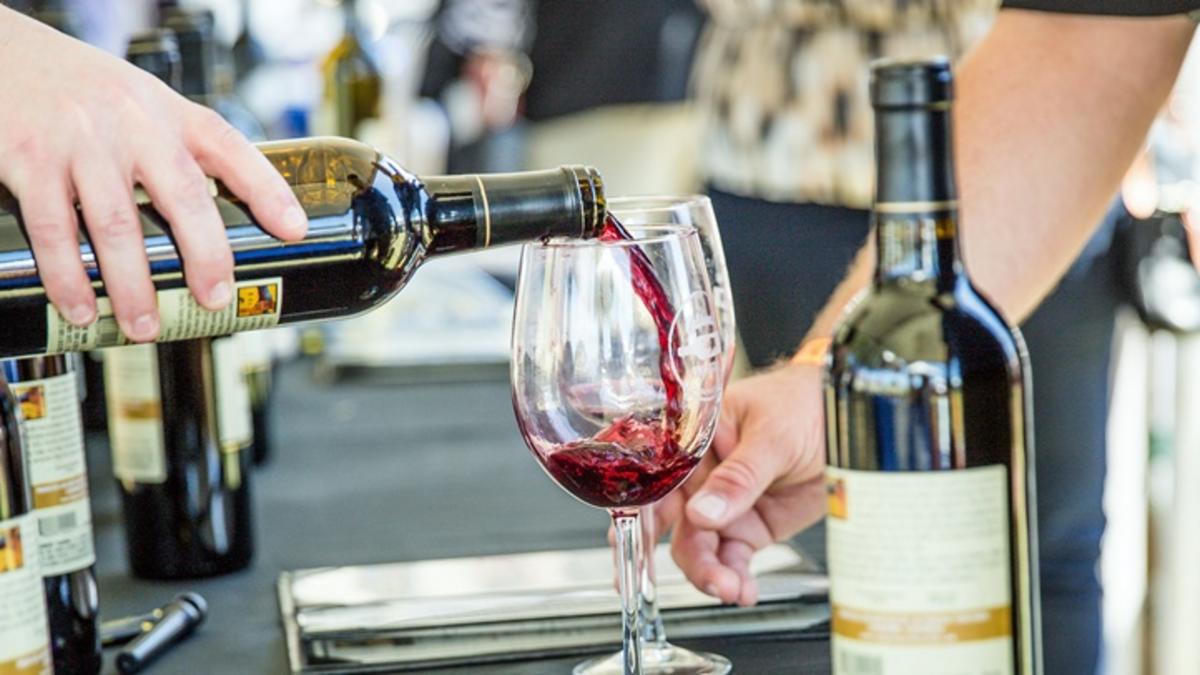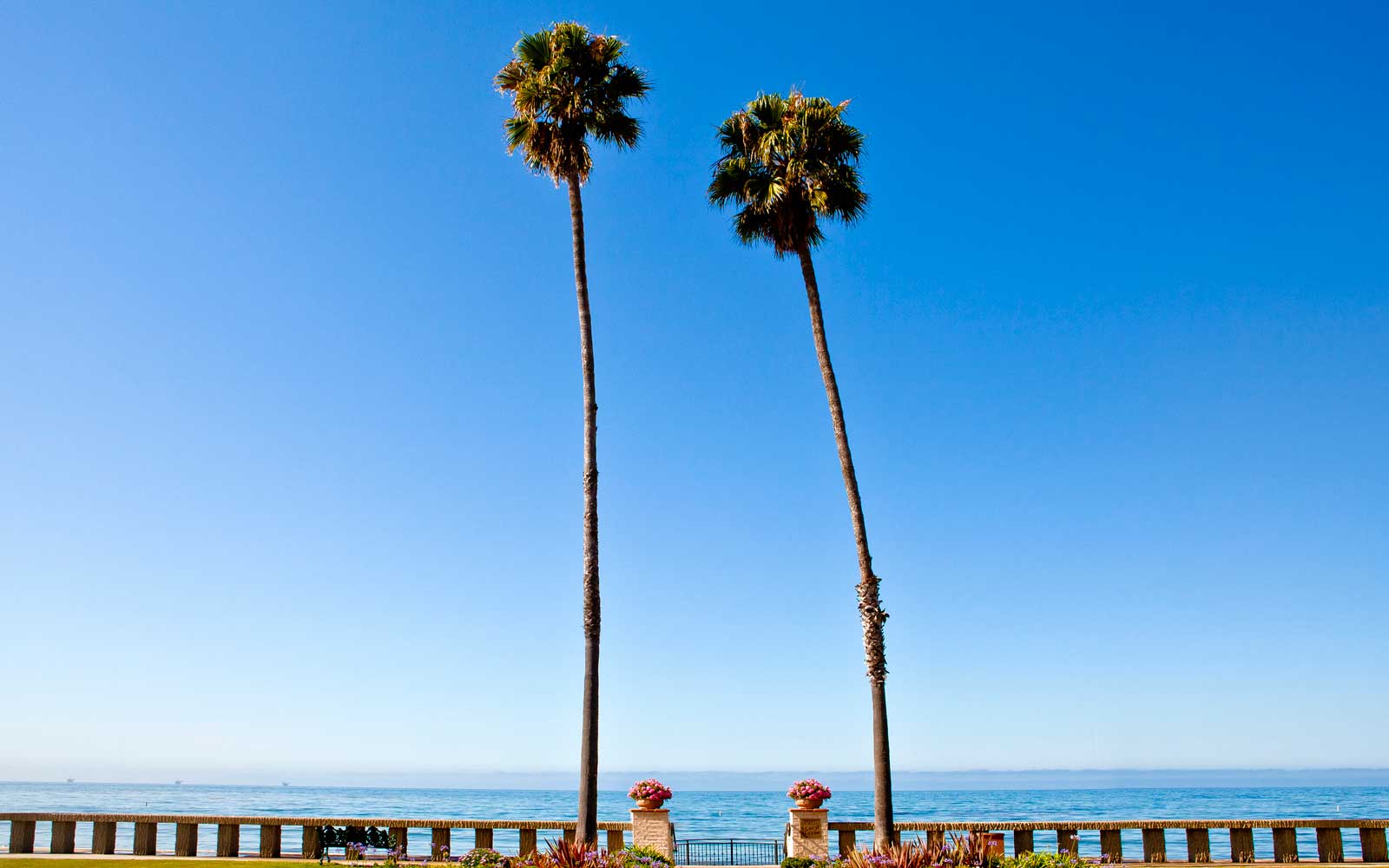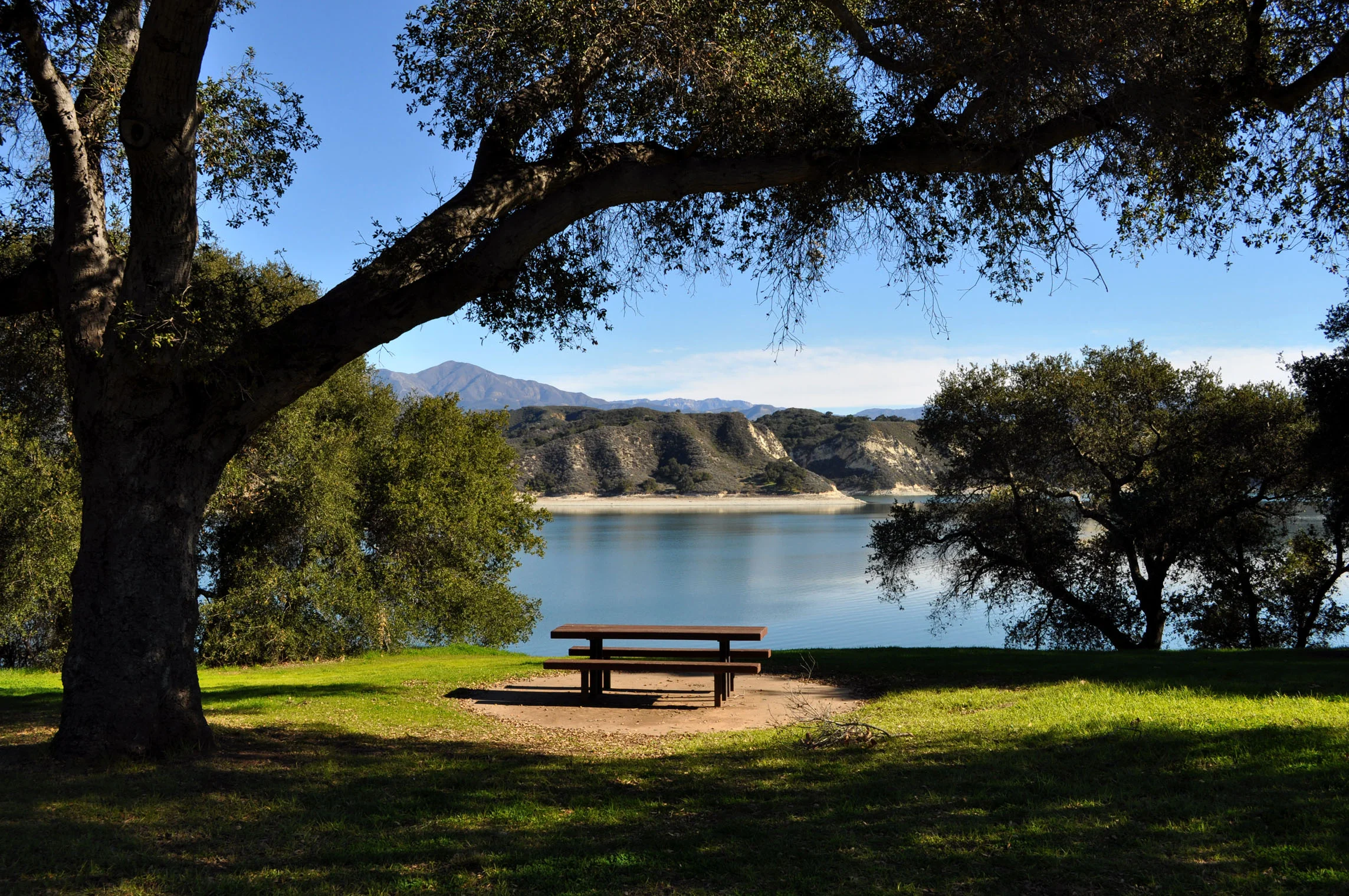Old Spanish Days Fiesta draws large and loyal crowds to Santa Barbara year after year, in celebration of Santa Barbara’s heritage and traditions. From Aug. 1 to 5, the streets of Santa Barbara are bursting with music, dancing, time-honored traditions, authentic cuisine, and so much more.
Old Spanish Nights Wine Tasting
Don’t miss the Old Spanish Nights Tasting by the California Wine Festival! A true celebration of wines, foods and music true to Santa Barbara’s Spanish roots.
Image: Santa Barbara Axxess
The historic De La Guerra Adobe Courtyard, site of the original Spanish fiesta in downtown Santa Barbara, provides the perfect setting for this exciting evening of wine and food festivities. A large contingent of wineries will showcase their world-class wines accompanied by a spicy array of appetizers from top local restaurants.
Image: NightOut
Colorful Flamenco dancers, accompanied by blazing guitars and hot Latin sounds will keep everyone ‘caliente’ throughout the event.
Old Spanish Nights Wine Tasting will take place on Thursday July 19, 2018 from 6:30PM - 9:00PM. Tickets are $50 if bought in advance and $65 at the gate.
Image: NBC Los Angeles
Click here for more details on this article.
Sunken Garden Film Series
Coming up on its ninth season, the Free Summer Cinema series at the Santa Barbara County Courthouse Sunken Garden has solidified itself as a wildly popular tradition. This years theme is entitled Animated Nights with showings of critically-acclaimed animated classics.
Santa Barbara Courthouse Sunken Garden | Image: Cheshire Cat Inn
Screenings are on Wednesday evenings at 7:30 p.m. in UCSB's Campbell Hall and Friday evenings in the Sunken Garden at 8:30 p.m. The series is made possible by a collaboration between Arts & Lectures, the Office of Arts & Culture & Santa Barbara County Parks.
People are encouraged to brings picnics and jackets as it gets chilly at night in Santa Barbara. Guests may set out blankets and chairs anytime after 12:00 p.m on movie nights. Low-back chairs are welcome, as are non-synthetic blankets (to help keep the lawn in good condition!).
FILM LINEUP
Fri., July 6 The 19th Annual Animation Show of Shows (16 animated shorts, 93 min) *May contain adult content. **Introduced by Producer Ron Diamond
Fri., July 13 The Triplets of Belleville (2003, 78 minutes)
Fri., July 20 Wallace & Gromit: The Curse of the Were-Rabbit (2005, 85 minutes)
Fri., July 27 Fantastic Mr. Fox (2009, 87 minutes)
Fri., August 10 The Iron Giant (1999, 86 minutes)
Fri., August 17 Persepolis (2007, 96 minutes) *Dubbed: English
Fri., August 24 Loving Vincent (2017, 94 minutes)
Sponsored by Compass | Image: Downtown Santa Barbara
Click here for more information on line up details.
Montecito Lifestyle
#MONTECITOSTRONG #MONTECITOLIFESTYLE #COMPASSMONTECITO
Rebuilding After Disaster
Santa Barbara Recovery Maps were developed so that communities and citizens make better informed decisions about rebuilding. The new Recovery Maps are based on sound science and engineering, new analyses, and are derived from post-fire flows and post-debris flow ground conditions. Click here is the much-anticipated new FEMA Advisory Recovery Map.
Father's Day in Santa Barbara
Annual Italian Street Painting Festival in Santa Barbara
The I Madonnari Italian Street Painting Festival will celebrate its 31st anniversary from 10 a.m. to 6 p.m. on May 26, 27, and 28 at the Santa Barbara Mission. A ceremony at noon on Monday, May 28, on the Mission steps will introduce and thank the major festival sponsors and featured artist Meredith Morin as her street painting is concluded.
De La Guerra Plaza, a look back
Plaza de la Guerra, in the first block of East De la Guerra Street, has been a focal point of the city’s social life since the 1820s. During the Spanish and Mexican eras, the plaza was often the scene of dances, fiestas, and bullfights. Just to the north of the plaza, across De la Guerra Street, stands the former home of José de la Guerra y Noriega, perhaps Santa Barbara’s most prominent citizen during its early history.
Getty Images
In 1855, the city’s common council designated the plaza, along with Plaza Alameda and Plaza Vera Cruz, as a public square or park — the first official parks in Santa Barbara. There the matter rested for the next 20 years, as the plaza remained simply an open area. In 1875, a new City Hall arose in the middle of the plaza. Initially, the two-story brick building housed all city offices, the jail, fire house, and the municipal court.
Construction of the City Hall sparked more development around the plaza. Frenchman Louis Raffour opened the Raffour House at the northeast corner of the plaza in the late 1870s. José Borderre, a Basque sheepherder, opened his French Hotel in the southeast corner of the plaza in the 1890s. These and other businesses maintained the plaza’s position at the center of city life.
De La Guerra Plaza :: Town Hall
De La Guerra Plaza :: Casa DLG
In 1910, the City Hall received a facelift with a new red metal roof and cement facade in the popular Mission Revival architectural style. By the early 1920s, it was apparent that the creation of new city departments and expanding government services dictated new quarters. The city already rented office space around town to accommodate its growing bureaucracy. Voters passed a $200,000 bond issue in 1922. Most of the funds were to go toward construction of a new City Hall at the site of the old Raffour House.
Ronald Sauter and E. Keith Lockard rendered the new facility in the Spanish Colonial style, in keeping with El Paseo and its “Street in Spain” across De la Guerra Street. The move to give Santa Barbara a unified architectural look based upon the Spanish Colonial Revival style was in full swing before the 1925 earthquake, which accelerated this trend. The new City Hall included not only city offices, but the police department and the city jail. The old City Hall in the middle of the plaza was razed, and the plaza landscaped with lawn and flowers.
Anchoring the plaza on the south side was the Santa Barbara News-Press building, designed by George Washington Smith and completed in 1922. At the time of construction, the building housed the Santa Barbara Daily News. In the 1930s, Thomas Storke would buy the rival Morning Press to form the News-Press. In 1951, the tower and the east wing were added to the building.
Shortly after the turn of the 21st century, controversy began to stir when plans were broached to ban autos from the plaza and transform it into a strictly pedestrian area. A number of businesses protested the proposed changes, and the plans were eventually shelved. The plaza continues to play host to a number of festivities during the year including the Fiesta Mercado and Cinco de Mayo celebration to name just two. Taken all together, Plaza de la Guerra, Casa de la Guerra, and El Paseo form a wonderfully evocative complex that is still, in many ways, the heart and soul of the city.
De La Guerra :: Fiesta
Click here for more details on article Independent.com
Montecito Lifestyle
#MONTECITOSTRONG #MONTECITOLIFESTYLE #COMPASSMONTECITO
Hello Spring
Well Spring is in full swing in Montecito and what better way to spring-into-action by sprucing up your garden. What's missing in your garden? Discover practical ways to get your hands dirty + plot out that gorgeous garden you've always wanted. Take your cues from Veranda and add wildflowers to the mix this year.
Santa Barbara Rainfall + Lake Cachuma
The creation of Lake Cachuma took almost 20 years. The Santa Barbara County Board of Supervisors commissioned a report early in 1938 regarding the “utilization of water resources.” This report, completed the following year, called for a new dam “between the mouth of Santa Cruz Creek and Cachuma Creek” on the Santa Ynez River. The report further stated that “the future of Santa Barbara County depends upon the prompt execution” of the proposal.

























